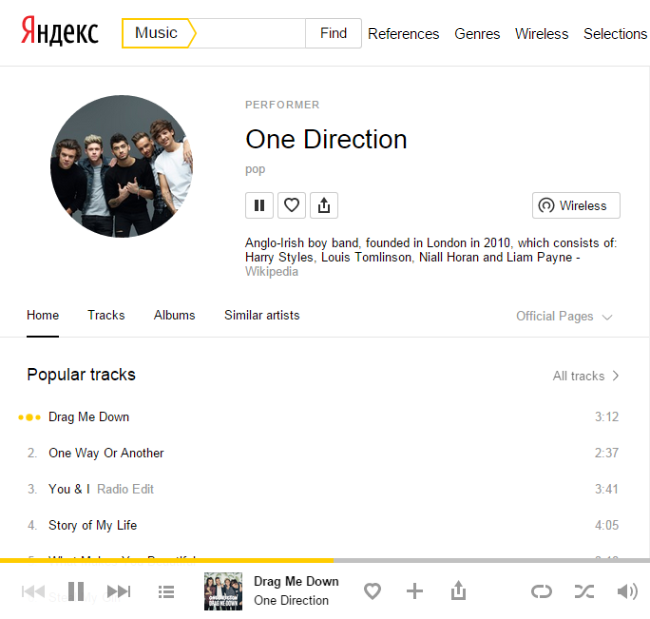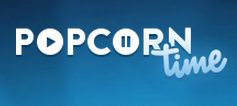Yandex Demands Takedown of ‘Illegal’ Music Downloader
lundi 31 août 2015 à 17:42 Yandex is a Russian Internet company that runs the country’s most popular search engine controlling more than 60% of the market.
Yandex is a Russian Internet company that runs the country’s most popular search engine controlling more than 60% of the market.
Making use of the free music that could be found via its search results, in 2009 Yandex introduced its first music player. A year later the company launched Yandex.Music, a new service offering enhanced legal access to around 800,000 tracks from the company’s catalog.
In 2014 and after years of development, Yandex relaunched a revamped music platform with new features including a Spotify-like recommendation engine and licensing deals with Universal, EMI, Warner and Sony, among others. Today the service offers more than 20 million tracks, all available for streaming from music.yandex.ru.

While the service can be reached by using an appropriate VPN, Yandex Music is technically only available to users from Russia, Ukraine, Belarus and Kazakhstan. Additionally, the service’s licensing terms allow only streaming.
Of course, there are some who don’t appreciate being so restricted and this has led to the development of third-party applications that are designed to offer full MP3 downloads.
In addition to various browser extensions, one of the most popular is Yandex Music Downloader. Hosted on Github, the program’s aims are straightforward – to provide swift downloading of music from Yandex while organizing everything from ID3 tags to cover images and playlists.
Unfortunately for its fanbase, however, the software has now attracted the attention of Yandex’s legal team.
“I am Legal Counsel of Yandex LLC, Russian Internet-company. We have learned that your service is hosting program code ‘Yandex.Music downloader’…which allows users to download content (music tracks) from the service Yandex.Music…,” a complaint from Yandex to Github reads.
“Service Yandex.Music is the biggest music service in Russia that provides users with access to the licensed music. Music that [is] placed on the service Yandex.Music is licensed from its right holders including: Sony Music, The Orchard, Universal Music, Warner Music and other,” the counsel continues.
“Service Yandex.Music does not provide users with possibility to download content from the service. Downloading content from the service Yandex.Music is illegal. This means that program code ‘Yandex.Music downloader’…provides illegal unauthorized access to the service Yandex.Music that breaches rights of Yandex LLC, right holders of the content and also breaches GitHub Terms of Service.”
As a result, users trying to obtain the application are now greeted with the following screen.

The Yandex complaint follows a similar one earlier in the month in which it targeted another variant of the software.
While the takedowns may temporarily affect the distribution of the tools, Yandex’s efforts are unlikely to affect the unauthorized downloading of MP3s from its service. A cursory Google search reveals plenty of alternative tools which provide high-quality MP3s on tap.
Source: TorrentFreak, for the latest info on copyright, file-sharing, torrent sites and ANONYMOUS VPN services.
 Branded a “Netflix for Pirates,” the
Branded a “Netflix for Pirates,” the  This week we have five newcomers in our chart.
This week we have five newcomers in our chart.  The copyright industry has consistently used the word “content” for anything creative.
The copyright industry has consistently used the word “content” for anything creative. 
 At some stage the majority of content created by the world’s leading movie and TV companies enters the digital realm. Whether during production, post-production, marketing or distribution, the digitization of video is the inevitable outcome of technological advances.
At some stage the majority of content created by the world’s leading movie and TV companies enters the digital realm. Whether during production, post-production, marketing or distribution, the digitization of video is the inevitable outcome of technological advances.